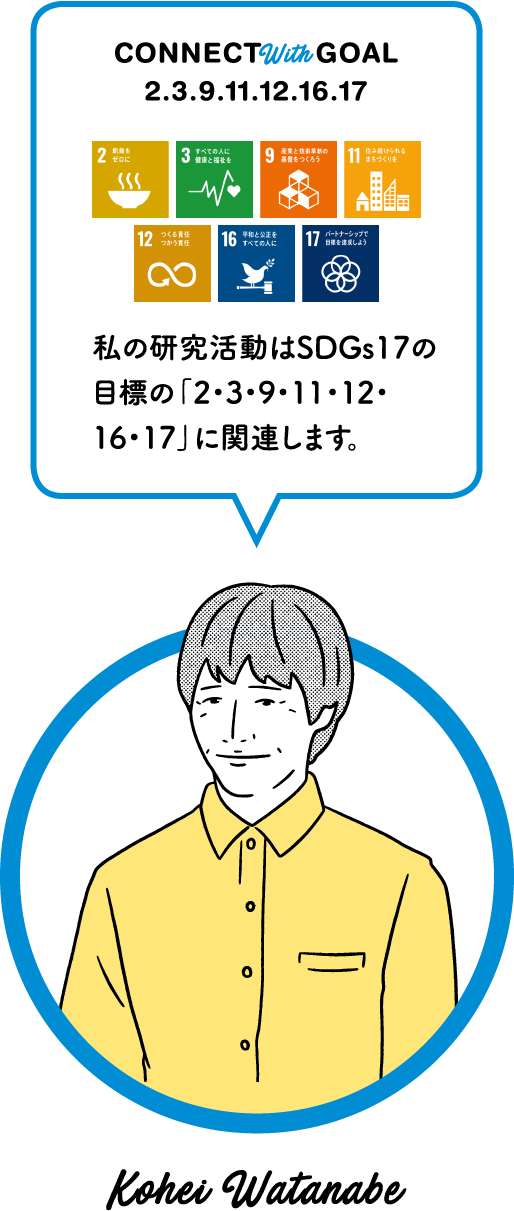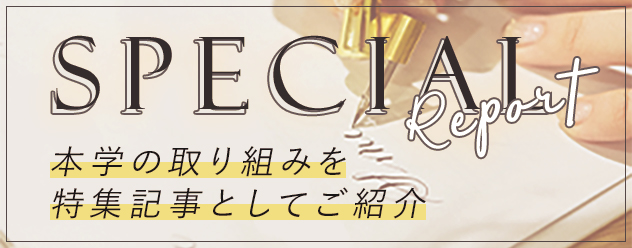



Department of Department of Sociology Faculty of Liberal Arts, Teikyo University
Professor
Kohei Watanabe?


After graduating from the Department of Sanitary Engineering, Faculty of Engineering, Kyoto University, studied geography at the Graduate School Graduate School of Liberal Arts of the same university. Study abroad University of Cambridge. He holds a M.Phil, Ph.D. degree from the Graduate School of Earth Sciences and Geography. From college to the present, he has been consistently researching garbage.





Garbage is becoming more complex due to the proliferation of artificial materials that do not exist in nature and changes in lifestyle. Professor Watanabe analyzes the quantity and contents of waste in various countries and grasps the quality through detailed organizational surveys. We are also conducting an analysis to estimate the degree of recycling of various materials.


The minimum responsibility for man-made waste is to be treated by humans to the stage where it is left to the purification capacity of nature. In Japan as well, the "Basic Law for Establishing a Recycling Society" was enforced in 2000 with the aim of breaking away from a mass production, mass consumption, and mass disposal type society, and "Extended Producer Responsibility" was added.


Suppose you want to discard one of the purchased rice balls. It means that all the expenses and labor of people and goods involved in the process of production, cooking and distribution of rice etc. were wasted. Then, if you buy even one less, it will not always be the case.


In the first place, retail stores purchase so that they will not run out of stock, so the remaining items will be discarded. The manufacturing industry overproduces to meet sudden additional orders, and if nothing happens, it is thrown away. Since we have not looked at the entire distribution system, we have not been able to grasp the total amount of waste. As a result, agricultural land is being secured by logging in tropical rainforests in order for producers to expand their agricultural land.


Japanese-made English called "food loss" has a different meaning from English food loss. Internationally, food waste consists of food loss and food waste, and efforts are being made at each stage from producers to consumers. It is also necessary to standardize the definitions of terms in order to improve the accuracy of actions by comparing with each country and introducing good examples.


In order to realize "not throw away", it is necessary to be conscious of promoting reduce and reuse, which has a lot of room in the 3Rs (recycling requires considerable energy, and mass consumption and mass recycling do not reduce the environmental load). Solving the problem of waste will lead to the pursuit of a desirable material cycle and the creation of a new society. There are many hints in the garbage that can contribute to the SDGs.




